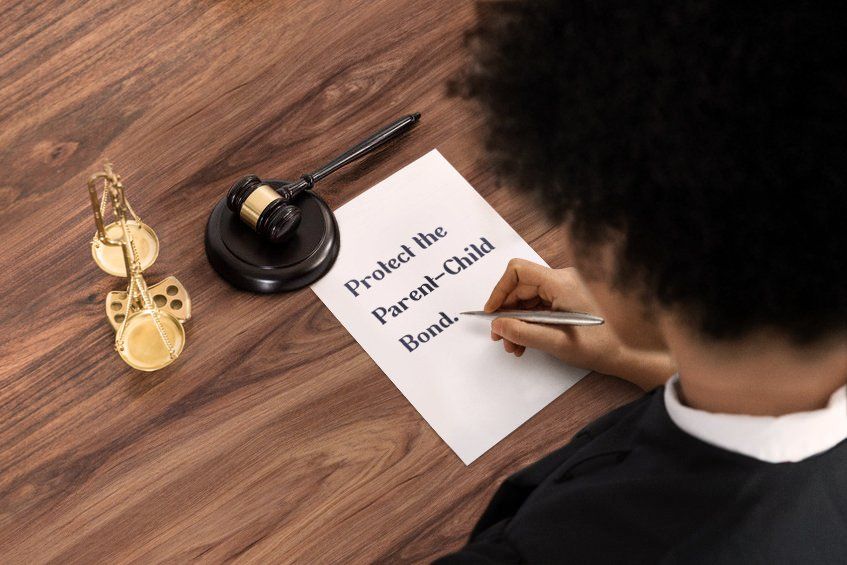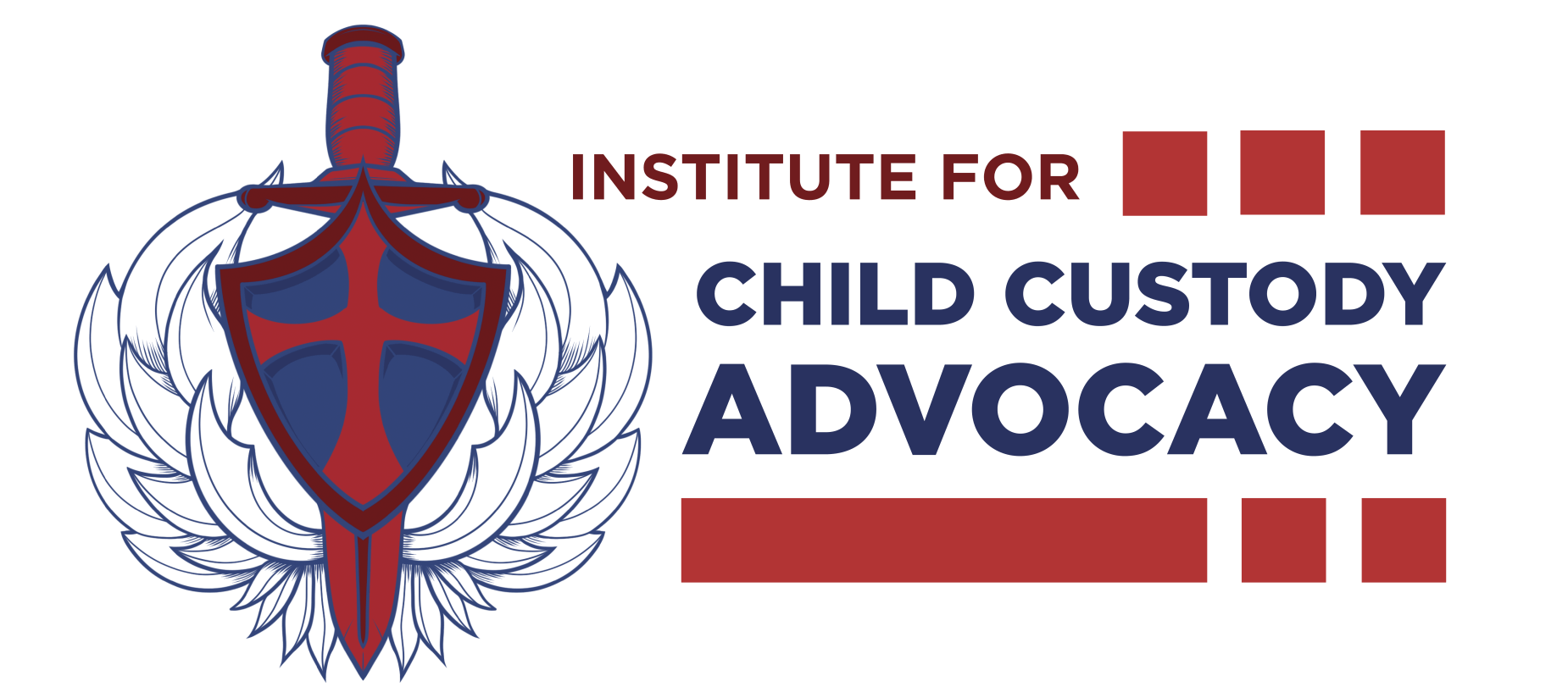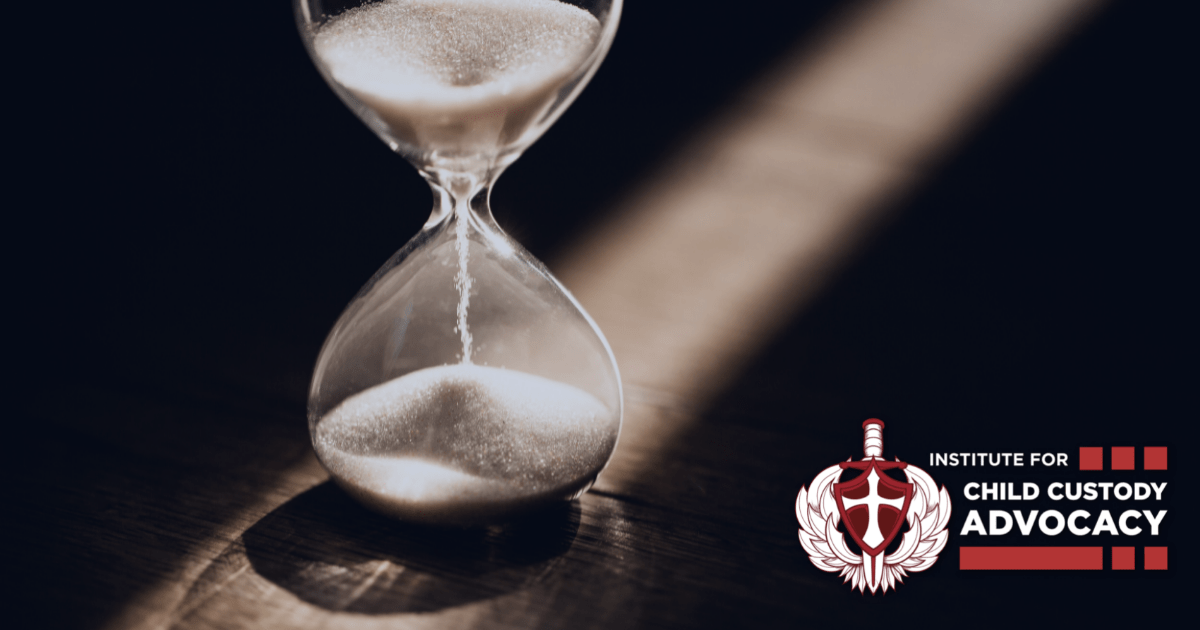The Latest
Learn more about our organization and our founder!

Louisiana legislators have recognized the many structural failures within the family court system. In a rare display of bipartisanship and mutual agreement, both chambers of the Louisiana Legislature adopted, identical in intention, resolutions pledging their commitment to protecting the parent-child bond and constitutional right to parent. Senate Resolution 186 (SR186) and the House Resolution 228 (HR228), both “urge and request the Louisiana State Law Institute (LSLI) to review (state) laws, rules, regulations, policies, and procedures related to mental health evaluations used in child custody and visitation proceedings.“ LSLI is a legislative advisory body, housed at LSU, that researches questions of law and then makes recommendations to legislators. This joint resolution crucially expands the scope of inquiry beyond specific credentials for mental health evaluations to the application of legal standards and the parental protections afforded by the constitution. Notably, these resolutions illuminate the importance of establishing an equitable co-parenting relationship and the role of the child custody evaluation in establishing the co-parenting power dynamics. These resolutions outline that the child custody evaluation should encourage collaborative co-parenting while discouraging approaches that strip parental and custodial rights unless doing so complies with enacted domestic violence laws. Louisiana legislators seem to understand that the relationship between the parents is the primary factor that truly frames childhood experiences and memories.

The following was published in The Advocate as a letter to the editor on May 25, 2022. Read online HERE . In my favorite book, “The Little Prince,” the overarching theme is adults prioritizing what they perceive as “matters of great consequence,” and failing to see the significance of personal relationships. That peculiar euphemism perfectly describes family court and its failure to protect the most significant relationship for many people, their parent-child connection. This court failure, then, creates a condition for which it offers no adequate remedy. Where there is a constitutional right, there must be a remedy, and the U.S. Supreme Court clearly established that parenting is a fundamental right. So, without a remedy, why are family courts allowed to sever the parent-child bond without the required strict scrutiny standards? While family courts are empowered to impose punishments for fraud upon the court or contempt against the court, these punishments rarely are meted out. That means that a parent seeking justice frequently cannot find enforcement in civil, criminal or domestic law. Thankfully, Louisiana legislators recognize this moral and legal crisis. State Rep. Patrick Jefferson, D-Homer, is sponsoring House Bill 272 , which “provides for mental health evaluations in divorce and child custody proceedings.” HB272 defines the credentials of child custody evaluators, promotes unbiased outcomes by prohibiting damaging conduct such as ex parte conversations, and prohibits certain prior relationships which create conflicts of interest. However, this bill is not expansive enough. Adding a safeguard amendment would prohibit disqualified child custody evaluators from testifying as court experts and require adherence to the approved child custody evaluation guidelines established by the Louisiana State Board of Social Work Examiners. If family court judges are unable or unwilling to enforce parents’ constitutional rights, then the legislative branch must intervene. The clock is ticking, and while legislators cannot turn back the clock, they can stop the irreparable damage some family courts are causing. Cover photo via The Advocate: Thank you to Rep. Patrick Jefferson, D-Homer, for carrying HB 272.

Via The Lens This Mother’s Day, I will not be with my children. I have not heard the voices of my 14-year-old son and his 12-year-old sister or seen their faces in many, many months. Even as my heart breaks, a phrase repeats in my head like a mantra: The first lie wins. We have been living in the family court system for five long years because of that first lie. Our case shows that when one parent weaponizes the family court system through manipulation and money, the children easily become a cruel form of currency. Access to them is given as a reward for exhibiting desired behaviors; and it is easily withheld as a punishment for perceived grievances. In my case, the first lie was an unfounded, strategic speculation that I had been diagnosed with a borderline personality disorder (BPD). BPD is the “go-to” lie for an opposing parent because it encourages self-fulfilling behaviors. Meaning, the more aggressively one fights against the lie, the more the lie appears true. In my case, this poisonous rumor has persisted and seeped into various aspects of my life and our child custody case, even though my mental health records directly contradict the speculation. It also illustrates the damage of coercive control tactics and the resulting trauma for the alienated parent and the children. All forms of abuse are rooted in power and control, but coercive control is strategic. Tactics include intimidation, intentional infliction of emotional distress, financial blackmail, and other forms of malicious behaviors. Louisiana domestic violence advocates are working to expand the definition of abuse to include non-physical, emotional abuse. But the caveat is that the definition can only be applied when the abuse is used to prevent a victim from escaping a relationship or contacting law enforcement. Many parents cannot escape from an abusive partner. They are imprisoned by fear of losing their children. And that fear is well-founded. In the family court system, most equitable agreements are made outside the courtroom. Couples who end up in family court usually have at least one party involved who does not wish to settle. As a result, the family court system has become a space that allows the misrepresentation of facts. It rewards devious assassinations of character and requires substantial financial resources to stay in the fight. My experience shows that officers of the court are allowed to make false statements; submit legal filings filled with unsubstantiated claims; and outlandishly assign fault without the worry of formal sanctions or ethical consequences. In other words, the family court system seems to propagate a free-for-all culture of falsehoods where the first lie wins. As I spend Mother’s Day without my children, I am sending out a single positive message to parents in similar situations: I see you. You are not alone! Read on The Lens website HERE .

Coercive control is a strategic form of trauma. Studies have shown that when parents allege abusive behavior in their relationship, they often lose custody of their children. Tactics go beyond physical abuse and can include intimidation, intentional infliction of emotional distress, financial blackmail, and malicious parental behaviors, to name a few. Couples who end up in the Family Court System often have at least one abusive party involved. It is a self-determining process, because, in most cases, with two well-meaning people, an equitable settlement is made before ever entering the Family Court System. Coercive control is an act or a pattern of acts of assault, threats, humiliation, intimidation, or other abuse that is used to harm, punish, or frighten survivors. Signs of coercive control include: 1. Removal of economic independence 2. Isolation from friends, family, and religion 3. Erosion of self-esteem through words and actions And if the survivor still has the courage to leave, the abuser could… 4. Try to take children away or turn children against their parent Domestic violence groups work hard to address the first three abuse factors mentioned above. The Institute for Child Custody Advocacy’s primary purpose is to focus solely on the fourth. Join the fight to create parental protections around people while they rebuild their professional and personal lives. The Family Court System should not be weaponized. No one should have to endure the pain of an abusive co-parent willing to turn the children into a cruel form of currency— given as a reward for exhibiting certain desired behaviors and removed as a punishment for perceived (or actual) grievances.






